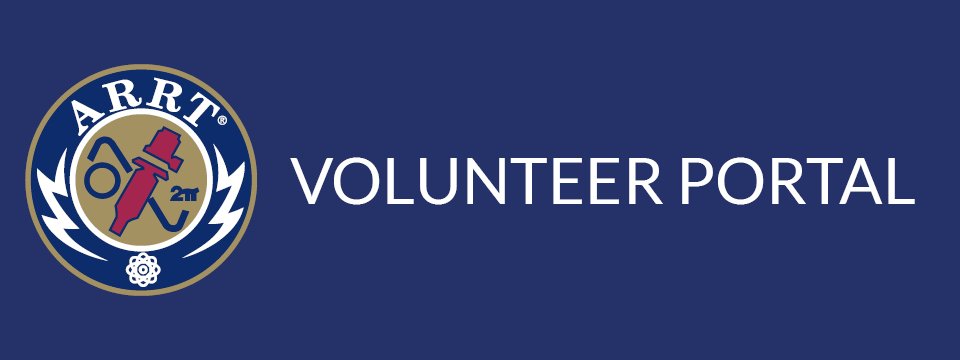How ARRT Develops Exams and Assessments
ARRT exams and CQR assessments are designed to evaluate the knowledge and skills needed for entry-level practice in each discipline. Volunteers play a key role in ensuring these assessments are fair, valid, and up-to-date.
What Volunteers Do
ARRT relies on subject matter experts across several committees:
- Practice Analysis Committee
• Creates nationwide surveys to
identify current professional tasks.
• Uses survey results to update
clinical requirements and exam content.
• Term: ~3 years per project.
- Exam Committees / Item Review
• Discipline-specific committees review questions for:
- Accuracy
- Relevance
- Fairness
- Consistency
• Items are discussed and approved for future exams.
• Term: 1 year, renewable up to 4
years.
• Meetings: 1–2 per year.
- Case Study Committees (RRA Exam)
• Write procedure-based questions
linked to case studies.
• Same term and meeting structure as
Exam Committees.
- Standard Setting Committees
• Define passing scores based on
performance expectations.
• One-time meeting (1–2 days).
Who Serves on Committees?
• Volunteers include technologists, educators, managers, physicists,
and physicians.
• No prior experience needed—ARRT provides training.
• Most meetings are virtual; some may be held in St. Paul, MN.
Item Writing & Review
• Volunteers write multiple-choice questions.
• Items are stored in a secure database and reviewed for accuracy and
relevance.
• New questions are tested as pilot items (10–20% of each exam).
• Feedback from examinees is reviewed to improve questions.
Case Study & Item Review Process
• Committees review questions for:
- Accuracy
- Relevance
- Fairness
- Consistency
• Items are discussed and approved for future exams.
Exam Administration
• Exams are delivered via computer at 200+ global test
centers.
• Pearson VUE manages exam delivery.
• Each exam form undergoes formatting and testing before launch.


